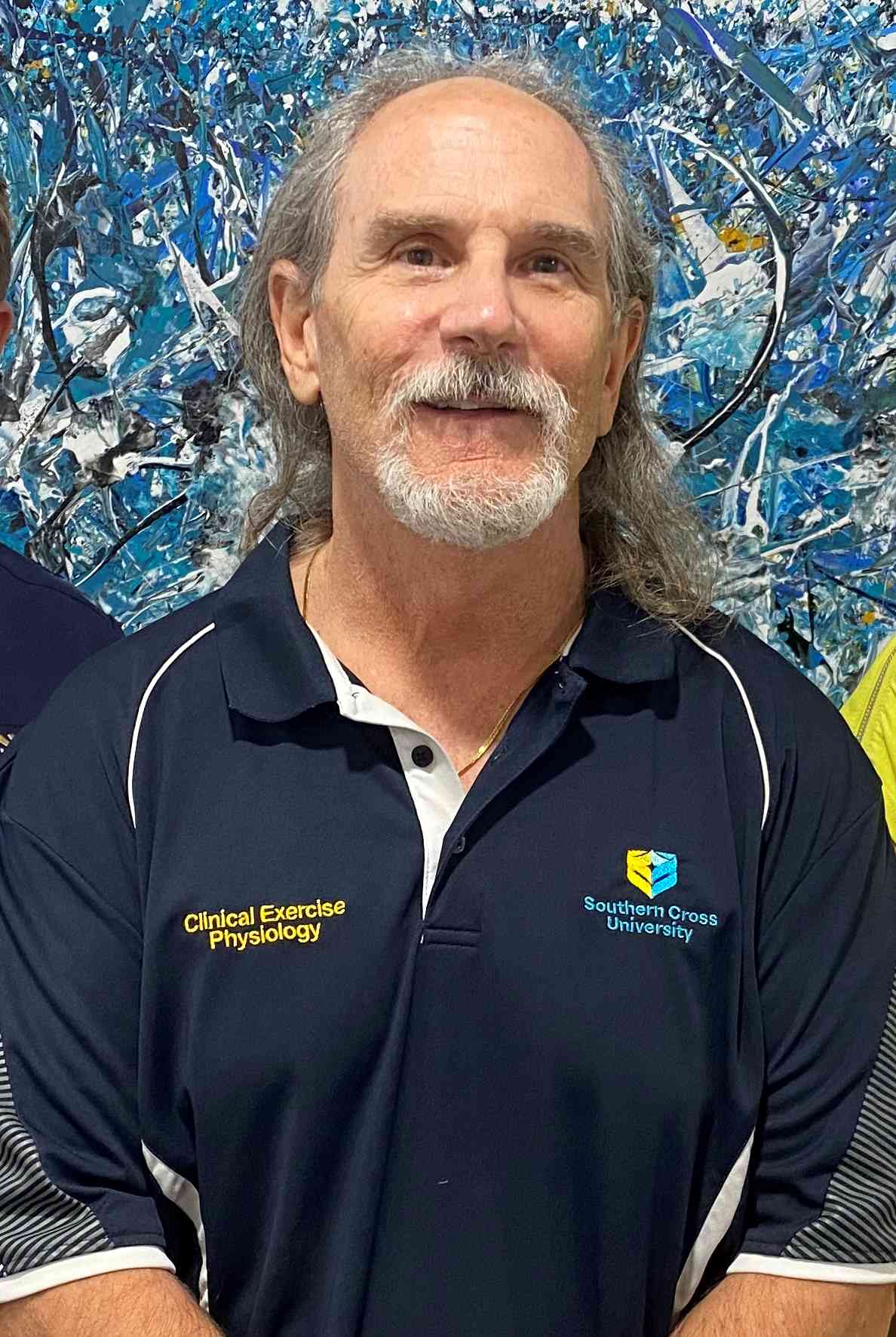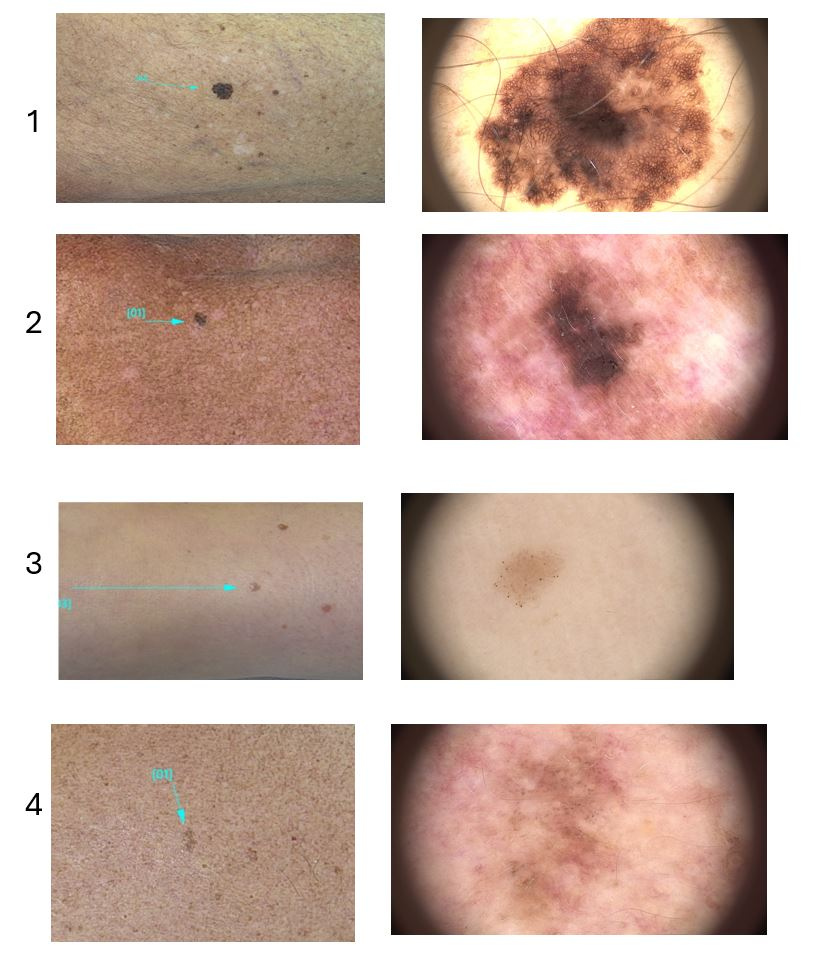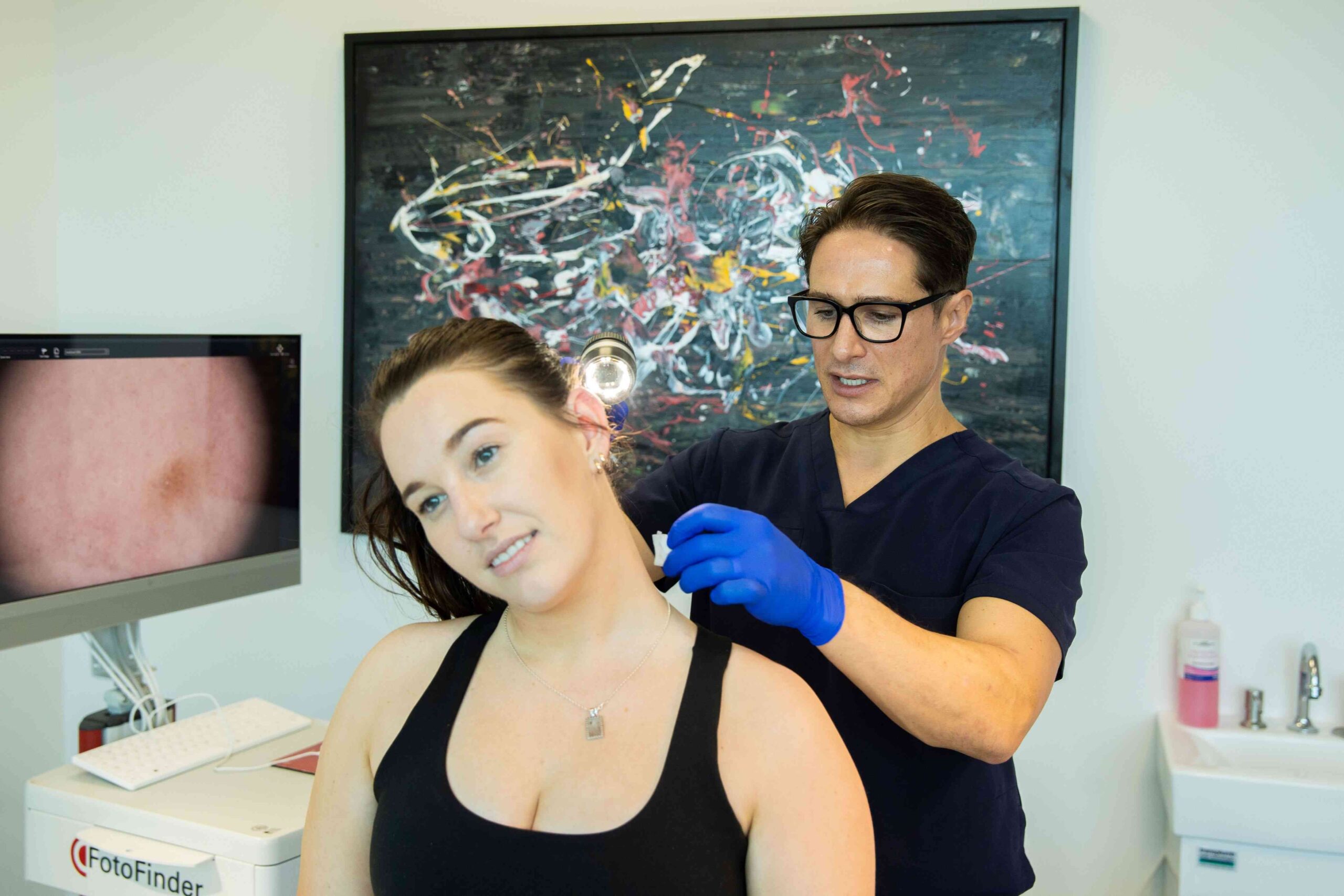New weapons may be needed in the battle to prevent further sharp rises in potentially deadly melanomas.
This is particularly the case in Queensland which is known as the world’s skin cancer capital.
Associate Professor Mike Climstein, from Southern Cross University’s Aquatic Based Research, is leading a research team of skin cancer doctors and academics who are unlocking fresh insights into skin cancer identification.
In recent years their research has revealed:
- Only one in five people can effectively self-diagnose a melanoma on their body
- Outdoor enthusiasts are up to 120 times more likely to develop melanoma skin cancer compared with the general population
- Artificial intelligence has promising potential as a means of achieving early detection of melanomas
Professor Climstein said the standardised melanoma rate across the Australian general population was 53 people per 100,000.
For surfers the rate was around 119 times higher, while the rate for swimmers, walkers and runners was from 60 to 80 times higher than the general population.
“The problem is getting worse,” Professor Climstein said. “If you look at the research, there is a projected increase in coming years.
“Queensland is the capital for skin cancer because the environment lends itself to being outside. There are also a lot of occupations that work outside and have considerable exposure (to the sun).”
Professor Climstein said all the research pointed to the need for people to take preventative action against getting sunburnt and for early, quality, detection of melanomas.
Both weapons needed further support.
“The government says the majority of individuals should be able to self-identify melanomas but we are seeing that even when it’s in the front of their shoulder, on their arm or on their thigh they don’t recognise it,” Professor Climstein said.
“A study we just released found that only just over 20 percent were able to self-identify melanomas.
“The problem with that is that if a melanoma isn’t identified early there’s a risk that it will metastasise, meaning it will go through the skin and it will spread throughout the body and the prognosis for the patient is far worse.”
The issue was compounded by a “cultural” resistance to covering up on the beach despite years of slip, slop, slap, seek and slide campaigns – “slip on a shirt, slop on sunscreen, slap on a hat, seek shade, slide on sunglasses”.
Professor Climstein said there were also practical issues to consider. Surfers, for example, were likely to be on the water when the waves were optimal, even if this was at a time of high UV radiation.
Ultimately there would be a need to invest more in screening for skin cancers, and an acceptance that most people could not effectively identify melanomas on their bodies.
The cost of screening for individuals was impeding many people from having regular checks, particularly during the current cost-of-living challenges, and this could have significant negative impacts in the future.
The research team was also hoping to attract research funding from the private sector to explore biochemical markers in the body that might indicate that someone has skin cancer.
“Ideally we would be able to do a blood collection and saliva swab and see if we can get a profile in the biochemistry that indicates there’s a very high likelihood that you have a skin cancer,” Professor Climstein said.
“This type of research would not only benefit Australia, but it would have a worldwide positive impact.”
The 2024 research paper, published by Professor Climstein and his research associates, says that over the past 40 years, there has been a significant rise in skin cancer rates in Australia.
Two-thirds of Australians were expected to develop some form of skin cancer by age 70.
The paper says there is “enthusiasm” for implementing artificial intelligence (AI) to assist clinicians detect skin cancer.
“Performance metrics of AI from dermoscopic images have been promising, however, our research has shown there is need for improved performance in the use of AI in the detection of melanoma.
“Early detection rates would particularly benefit Australia, which has the world’s highest incidence of malignant melanoma per capita.”










